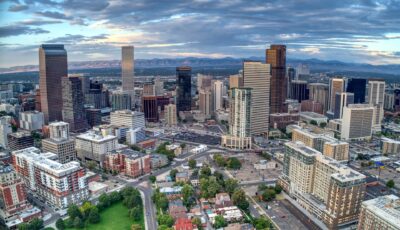A call for innovation in our cities – New Rockefeller Foundation Initiative

Staff Report
Environmental Health News
Sept. 15, 2015 – Got a fix for any of the complex problems confronting poor and vulnerable people living in cities?
The Rockefeller Foundation and the Unreasonable Institute have $100,000 for you.
The two organizations want to help “next generation innovators” solve problems like crime, pollution, education inequality, infrastructure improvement and climate change adaption, among others.
“Cities today are growing, and so are their challenges, which puts them at a crossroads—continue down the same path or transform to better prepare for the shocks and stresses of the 21st century,” said Rockefeller Foundation president Judith Rodin in a statement. “Transformation is key, and this competition is designed to spark the development of catalytic solutions that can be exported around the world.”
The organizations intend to award 10 grants of $100,000 each for proposals that address “systemic challenges” facing poor and vulnerable communities in U.S. cities. Winners participate in a nine-month program that also offers technical support and access to business leaders and investors.
Applications are due Sept. 25.
In announcing the Future Cities Accelerator, Rockefeller Foundation senior program associate Josh Murphy cited the storms battering coastal cities like New York, Houston and New Orleans; the riots and violence rocking Dallas, Baltimore and St. Louis; the loss of manufacturing jobs in Detroit.
The groups hope to tap the “innovation and ingenuity” they say is often found within cities.
The Rockefeller Foundation is a $4 billion fund started by oil magnate John D. Rockefeller and his son, John D. Rockefeller, Jr., in 1913. It seeks to expand economic opportunities and to build communities resilient to acute shocks and chronic stresses in its bid to promote the well-being of humanity worldwide.
The Unreasonable Institute got its start in 2009 hoping to tackle the world’s “greatest problems,” including poverty, lack of education, access to clean water. The group has helped some 300-plus ventures in 50 countries raise $145 million.
Information about the Future Cities Accelerator, including how to apply, can be found here.
EHN welcomes republication of our stories, but we require that publications include the author’s name and Environmental Health News at the top of the piece, along with a link back to EHN’s version.
For questions or feedback about this piece, contact Brian Bienkowski at bbienkowski@ehn.org.







